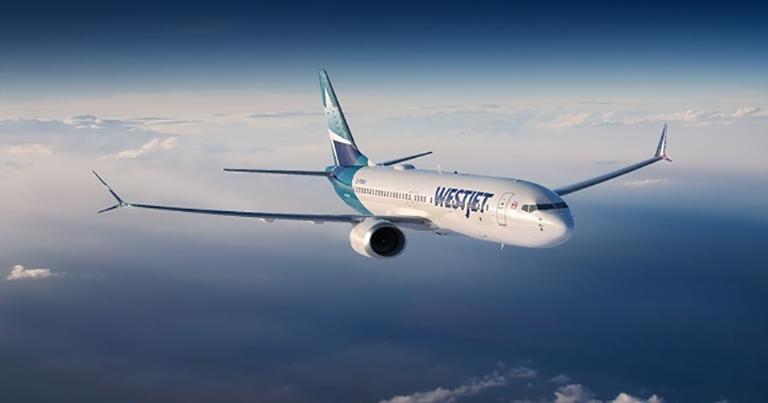
WestJet has purchased the first Sustainable Aviation Fuel (SAF) supplied in Canada by Shell Aviation, a key step in its mission to achieve net-zero emissions by 2050.
“WestJet is committed to enhancing our position as a first mover in sustainability technologies,” said Angela Avery, Executive Vice President and Chief People, Corporate and Sustainability Officer, WestJet Group. “Just as we pioneered advancements in winglets and drag reduction, WestJet proudly stands as the first airline to acquire SAF by Shell in Canada. Thanks to Shell’s world-class fuel supply chain and WestJet’s proven track record in sustainability, this first step sets the stage for future collaboration and innovation to encourage investments in this important lever for decarbonisation.”
With the right regulatory and investment environment, SAF remains one of the more viable and scalable in-sector options for reducing emissions in the 2050 timeframe and has the potential to reduce lifecycle emissions by up to 80% when used neat, compared with conventional aviation fuel. WestJet remains committed to working with government and industry partners toward the establishment of a sustainable, long-term commercial framework for SAF. SAF acquired from Shell Aviation is blended with conventional jet fuel to meet all certification and safety requirements, while requiring no new investments in aircraft engines, fuel infrastructure or distribution processes.
“We are delighted to supply WestJet with SAF, as we continue to support our customers on their decarbonisation journeys, while simultaneously building out the supply chain in Canada to enable more customers to access SAF,” said Christine Bassitt, General Manager, Shell Aviation, Americas.
To supply WestJet with SAF, Shell Aviation uses a program called Avelia, one of the world’s first blockchain-powered digital SAF book-and-claim solutions for air travel. Avelia uses blockchain to provide clear and transparent tracking of the environmental attributes of SAF delivered into the aviation fuelling network. Environmental attributes can be allocated to both airlines and business customers, while avoiding issues such as double counting. This means corporations can confidently view verified lifecycle emissions reductions from SAF today, while working to establish sufficient SAF to meet their future net zero or science-based targets.






